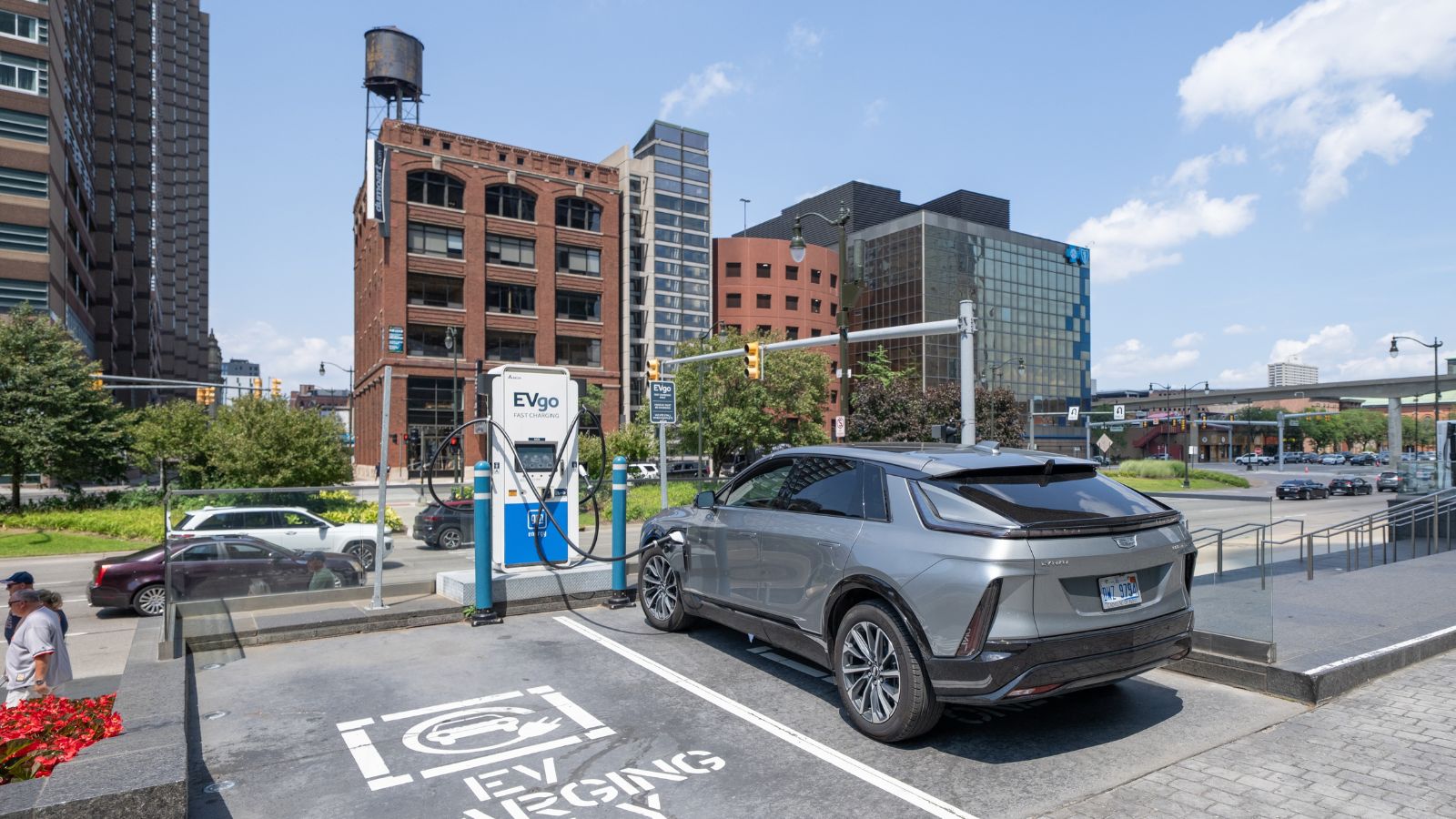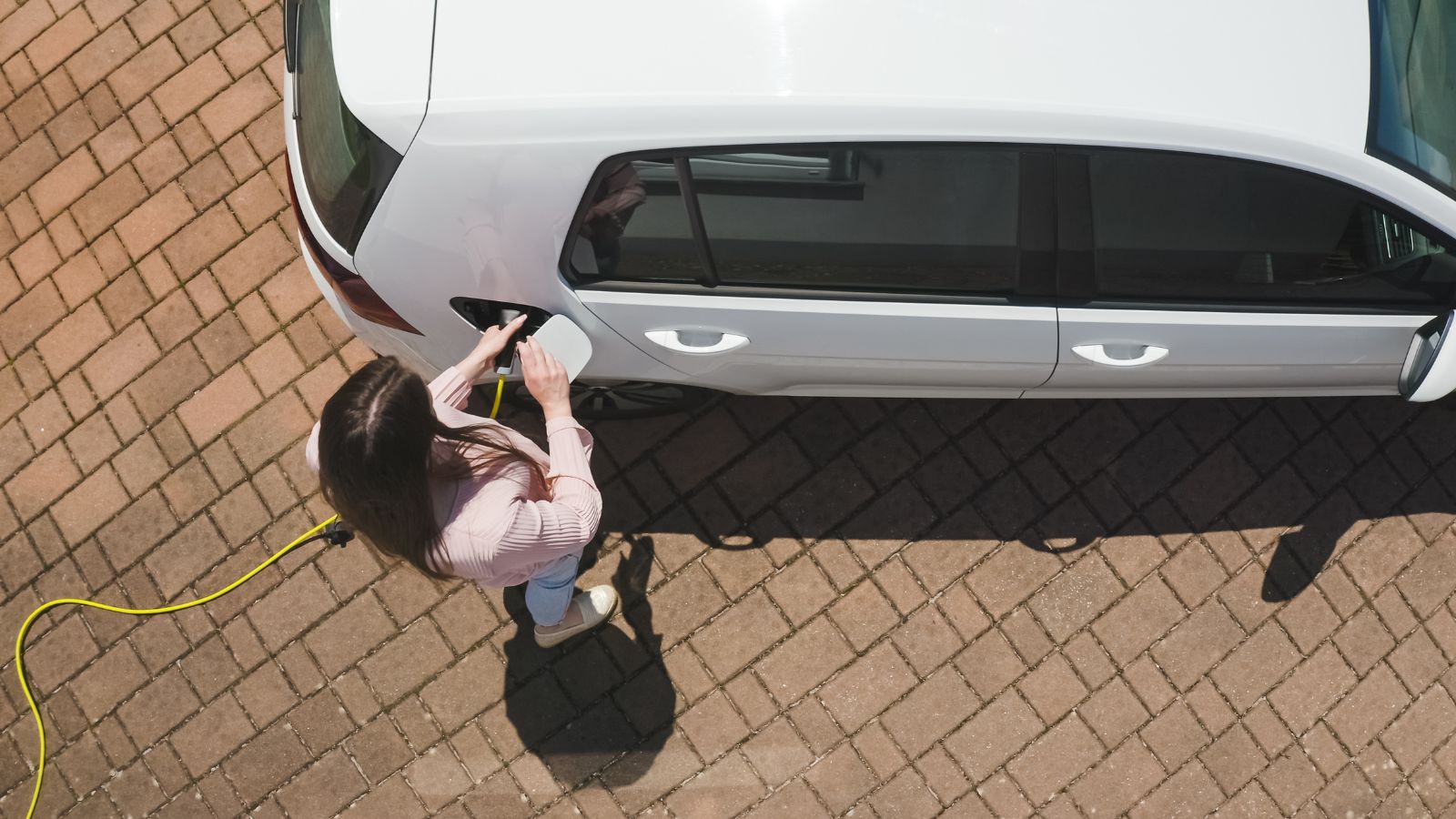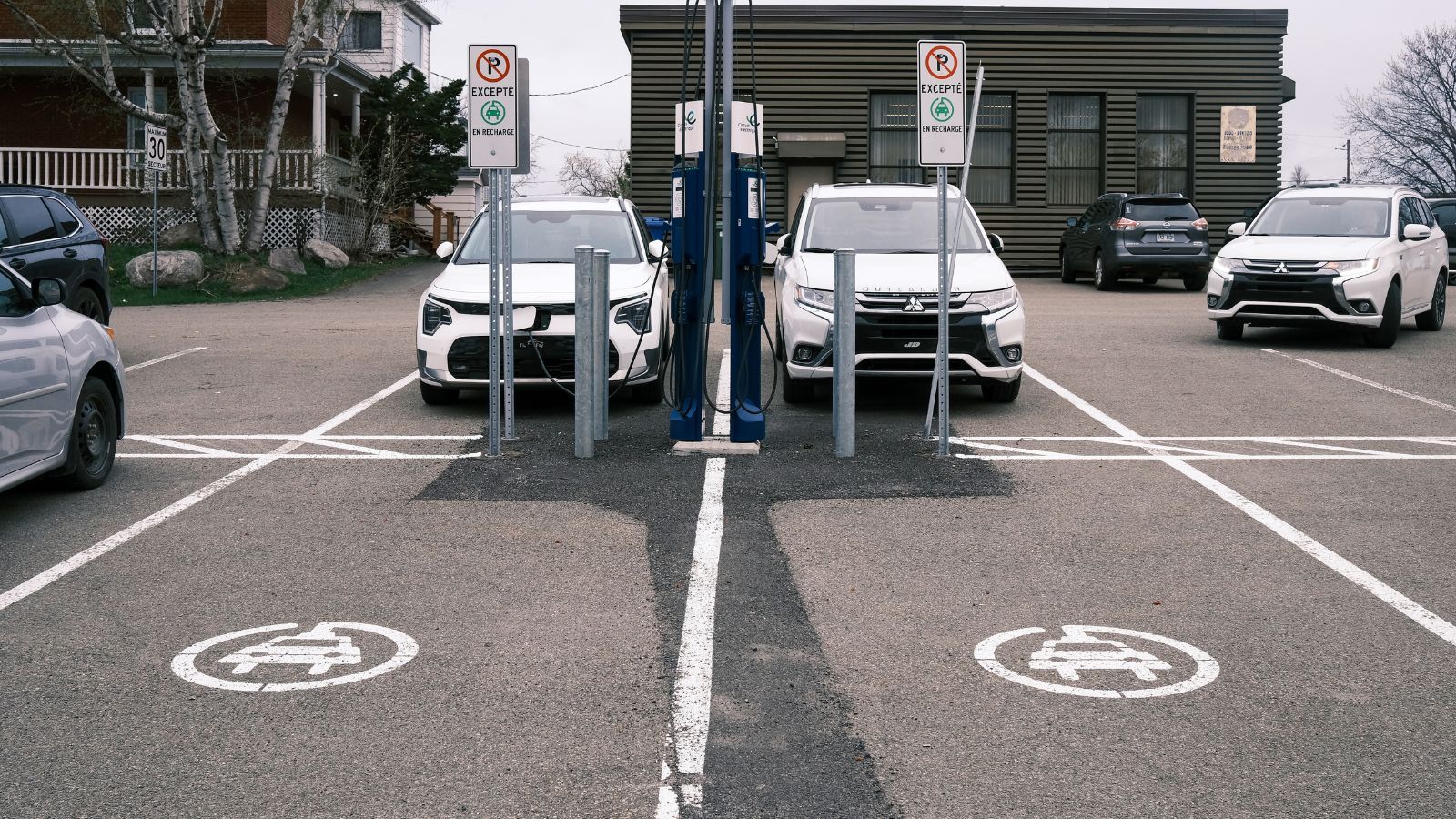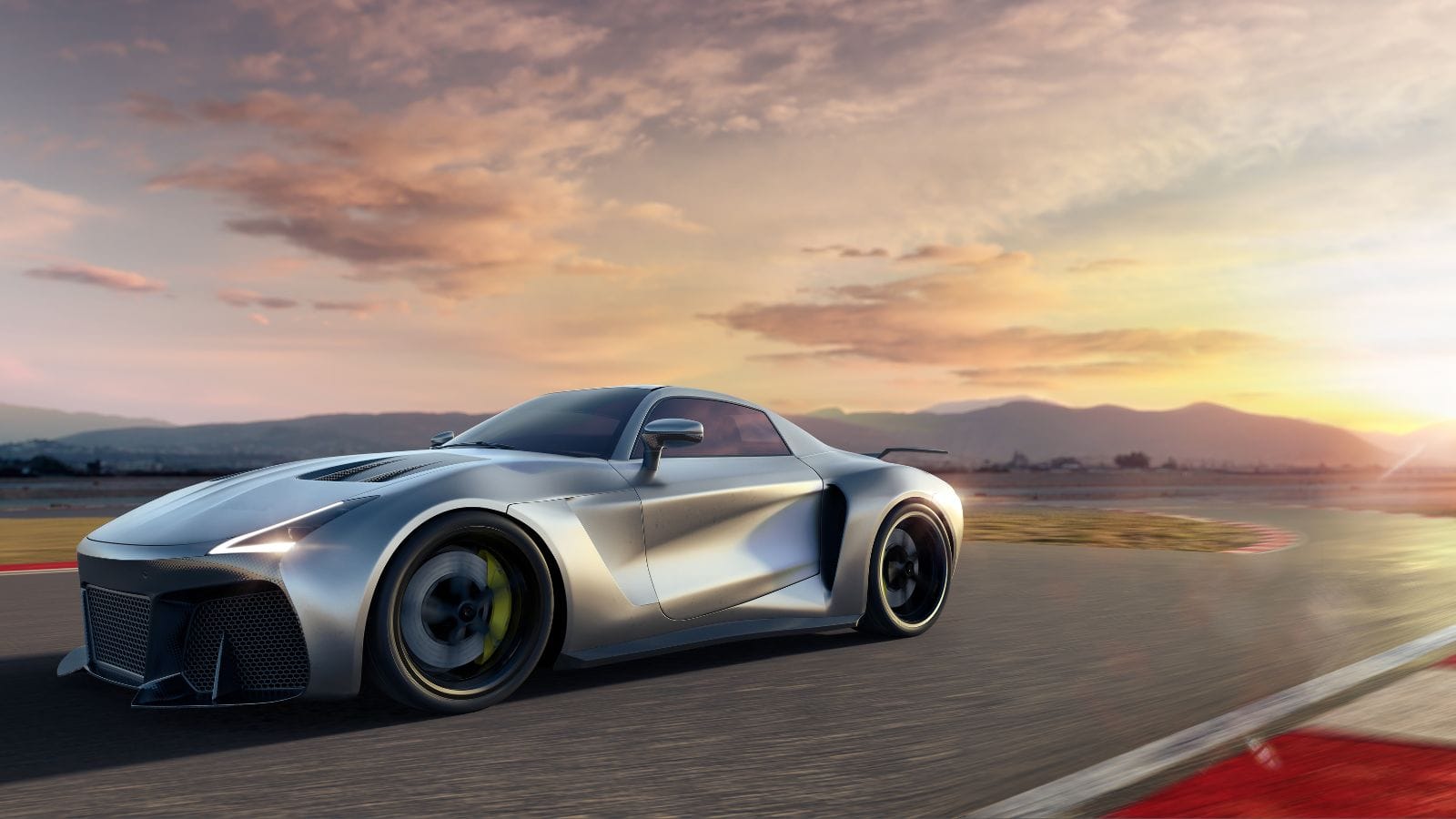Owning an electric vehicle was once marketed as a way to save money while cutting down on emissions, but in Michigan that promise just got harder to believe. The state has approved an increase to annual EV registration fees, adding another one hundred dollars to the cost of ownership. With this move, Michigan now sits tied for the highest EV fees in the country. For buyers who already face higher sticker prices, shrinking incentives, and rising costs across the board, this is another reminder that switching to electric isn’t always the cheaper choice.
The New Registration Fee

Beginning in 2025, Michigan EV drivers will pay an additional one hundred dollars every year to keep their vehicle registered. This fee is layered on top of the existing registration costs and is separate from any other road or licensing taxes. While that might not sound overwhelming in isolation, it is enough to make Michigan one of the most expensive states in the nation to own an EV. Owners of plug in hybrid vehicles are also expected to see increases, though not as steep as fully electric models.
The impact is significant when you consider the long term. Over ten years of ownership, a Michigan EV driver could easily spend more than a thousand dollars just in registration surcharges. That wipes out much of the supposed maintenance savings often advertised for EVs compared to gasoline powered cars.
Why Michigan Raised the Price

Lawmakers argue that the new fee is about fairness. Gas taxes fund the bulk of road repairs and upkeep, but since EVs do not use gasoline, their drivers do not pay into that system. As more EVs take to the roads, Michigan officials worry about shrinking gas tax revenue. The registration fee is meant to ensure that electric car owners contribute to road maintenance.
The problem, critics say, is that these fees overshoot the mark. In many cases, EV owners now pay more than an average driver of a gasoline powered car would contribute in gas taxes. A compact EV might be charged the same as a heavy SUV, even though its road wear is lower. This one size fits all approach leaves many EV owners feeling punished for making what was supposed to be the more environmentally responsible choice.
EV Owners Already Paying More

Before this latest hike, Michigan EV owners were already carrying a heavier burden than some gasoline vehicle owners. Studies have shown that in certain states, EV fees now exceed what an average driver would pay in fuel taxes each year. This means EV drivers, who were once encouraged with incentives, now face higher costs simply for keeping their car on the road.
This shift in policy reflects a broader backlash against what some lawmakers see as over generous EV subsidies in the past. But for consumers, the perception is clear. The cost gap between electric and gasoline vehicles is widening in the wrong direction, and the savings that were supposed to make EVs appealing are being eroded.
The Bigger Picture of Rising Costs

Michigan’s registration hike is only one part of a larger financial puzzle facing EV drivers. Inflation has raised the cost of new cars in general, but EVs tend to be affected more because of expensive batteries and supply chain issues. Tariffs on imported batteries and critical minerals have further increased manufacturing costs, which automakers often pass on to customers.
Meanwhile, the federal clean vehicle tax credit has been limited by rules requiring North American sourcing of batteries and assembly. Many EV models no longer qualify, leaving buyers without a rebate that once helped offset the higher upfront price. Charging infrastructure, while expanding, also carries costs that gasoline drivers do not face, such as home charger installations and public charging fees that are often higher than early adopters expected.
For a buyer weighing an EV in 2025, the numbers do not look nearly as friendly as they did five years ago.
Is Canada Considering the Same

North of the border, Canada has not yet imposed direct EV specific registration fees like Michigan’s, but discussions are underway. Ontario once floated the idea of a special road tax for EVs but dropped it after backlash. Other provinces are monitoring falling fuel tax revenues closely, and it is only a matter of time before the issue returns to the political spotlight.
For now, Canada still offers federal rebates of up to five thousand dollars for qualifying EVs, with additional provincial incentives in places like Quebec and British Columbia. These programs significantly reduce the cost of entry and make EVs more attractive to buyers. However, these incentives come at a cost to government budgets, and with adoption rates rising, there is concern that rebates cannot last forever. If U.S. states continue stacking fees onto EV drivers, Canadian provinces may feel pressure to implement their own systems to make up for lost fuel tax revenue.
Comparisons With Other States

Michigan is not alone in targeting EV drivers with higher costs. States such as Georgia, Indiana, and Ohio already impose annual EV fees, though Michigan’s increase puts it at the very top. Some states, like California, are taking a different approach by exploring mileage based fees, where all drivers would pay based on how far they drive rather than what fuel they use. That system is seen as more fair, since heavier vehicles and longer commutes put more stress on roads.
For now, Michigan’s decision stands out because it raises the fee to the maximum currently seen in the country. The message is clear that states are experimenting with ways to recover road funding, and EV drivers are increasingly in the crosshairs.
What This Means For EV Adoption

Higher fees may slow down adoption rates in states like Michigan. For many buyers, EVs already come with a premium price tag, and eliminating or reducing incentives has made the decision more difficult. Adding new registration fees on top of this creates another barrier. Automakers that are investing billions into EV production worry that state level policies like this will undercut national adoption targets and discourage mainstream buyers.
On the other hand, lawmakers argue that this is part of a necessary adjustment. Gasoline revenue will continue to decline, and states must find reliable ways to fund road infrastructure. The challenge is finding a balance between fair contributions and keeping EV adoption attractive enough to meet environmental goals.
The Road Ahead

Michigan’s new registration fee highlights a fundamental tension in the EV transition. Governments want more people to switch to electric cars, but they also rely on revenue from the very fuels EVs are designed to replace. Until new systems are created to fund road repairs more fairly, EV drivers may continue to face rising fees as states scramble to make up the difference.
For buyers in Michigan, the message is blunt. Owning an EV may be good for the planet, but it is not going to be cheap for your wallet. And as Canada and other regions watch closely, similar policies could spread further, reshaping the economics of going electric across North America.
25 Facts About Car Loans That Most Drivers Don’t Realize

Car loans are one of the most common ways people fund car purchases. Like any other kind of loan, car loans can have certain features that can be regarded as an advantage or a disadvantage to the borrower. Understanding all essential facts about car loans and how they work to ensure that you get the best deal for your financial situation is essential. Here are 25 shocking facts about car loans that most drivers don’t realize:
25 Facts About Car Loans That Most Drivers Don’t Realize
